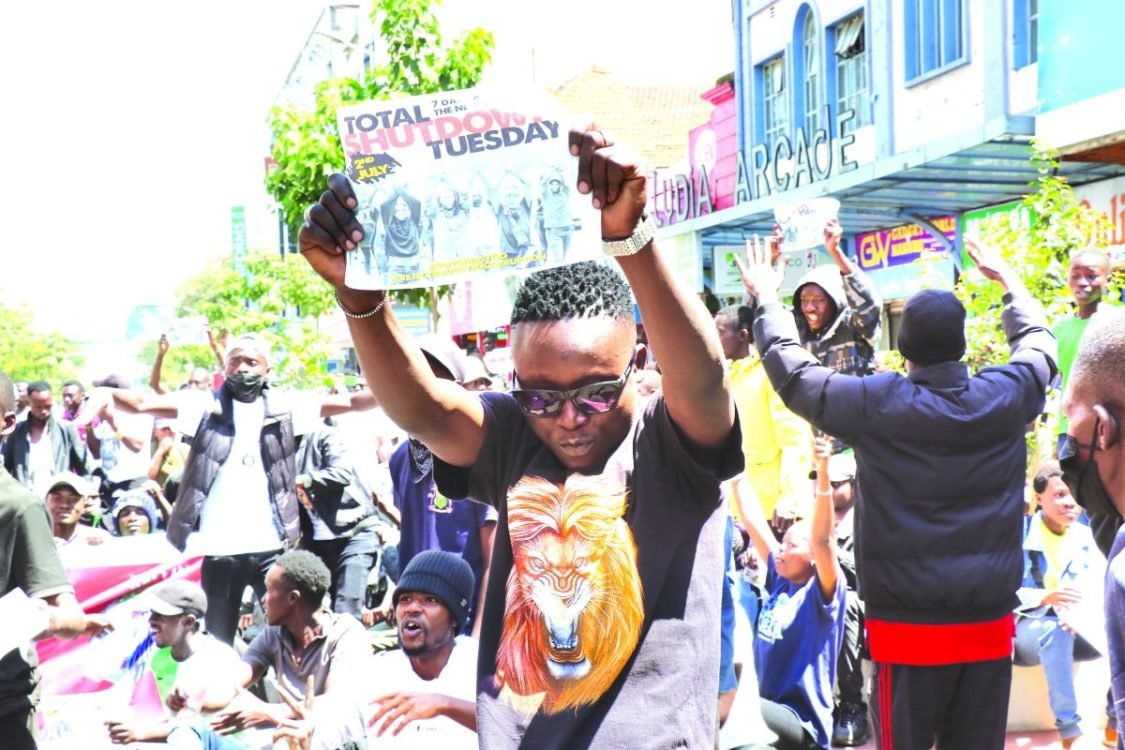How learned helplessness spawned Gen Z revolution

Kenyans have been ensnared in the grip of learned helplessness for more than six decades, particularly among older folks, which is probably why the economy is in such a mess.
This psychological phenomenon,where individuals feel powerless to change their circumstances after repeated exposure to stressful situations, has fundamentally affected Kenya’s social and economic development.
After decades of political corruption, economic mismanagement, and social injustice, believing that their actions cannot bring change, a pervasive sense of apathy and disempowerment has set in. Consequently, the political class continued to exploit this resignation to fate, maintaining their grip on power at the expense of meaningful progress and development.
Thus, Kenya’s struggle with learned helplessness stymied its progress as folks watched with dismay as billions of shillings were siphoned off. This resignation in the face of political and economic challenges allowed the political elite to get bolder and act with even more impunity.
Kenya retreated into a state of resignation, especially after Raila Odinga stepped back, taking a break from active politics and leaving a vacuum that needed to be filled. But the political elite and their surrogates acted with even more impunity, further stalling progress and perpetuating a cycle of stagnation as they amassed and showcased newfound wealth at the expense of taxpayers, while simultaneously demanding more taxation with abandon. Most Kenyans, who had repeatedly endured the adverse impacts of corruption and nepotism, came to believe that any effort to change their situation was futile.
However, hope emerged after the Generation Z hit the streets, filling the vacuum that was left by the Opposition. Young people, armed with technology and a fresh perspective, are challenging the status quo and dismantling the smokescreen of helplessness that had clouded the vision of most Kenyans.
Despite facing death, threats, and intimidation, Gen Z is leveraging technology to achieve what seemed impossible for over six decades. They are not content with the passive acceptance of their elders and are actively seeking solutions to Kenya’s problems.
After their most recent X Spaces conversation, I was impressed with calls to leverage blockchain technology, one of the most promising tools in their arsenal to actualise real change in Kenya. Blockchain, a decentralised and transparent digital ledger, has the potential to revolutionise, among other things, governance, land registration, and electoral processes in Kenya. By providing a secure and immutable record of transactions, blockchain can combat corruption, increase accountability, and restore trust in public institutions. This technology represents a paradigm shift that could untangle Kenya from its entrenched challenges.
Take, for example, the electoral agency IEBC. Before the untimely death of Chris Msando, a proponent of technological reforms, there was significant interest in leveraging blockchain to ensure transparent and tamper-proof elections. Implementing blockchain in the electoral process could prevent vote rigging, enhance voter confidence, and promote fair representation. Despite resistance from the political class, who fear losing their grip on power, the push for blockchain in elections underscores Gen Z’s determination to free Kenyans from entanglement and bring about genuine democratic change.
Land issues in Kenya can also benefit greatly from blockchain technology. Land ownership and registration have long been troubled with corruption, fraud, and disputes. By digitising land records on a blockchain, the government can create a transparent and secure system that ensures rightful ownership and reduces conflicts. This would not only protect citizens’ property rights but also attract investment by providing a reliable framework for land transactions. The political elite’s reluctance to embrace such reforms signals their vested interests in maintaining the status quo.
The Gen Z movement is about reclaiming agency and fostering a culture of accountability. This new wave of activism and innovation can help free Kenyans from the shackles of helplessness and pave the way for a brighter future for all.
— The writer is People Daily’s












